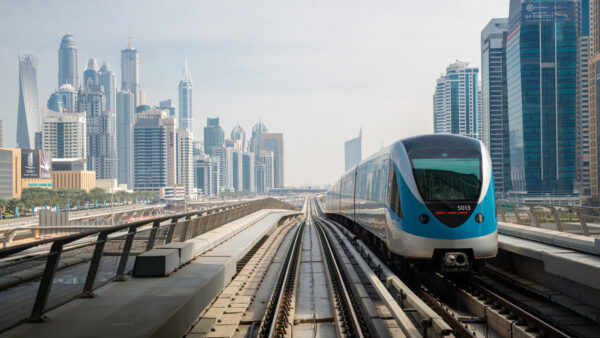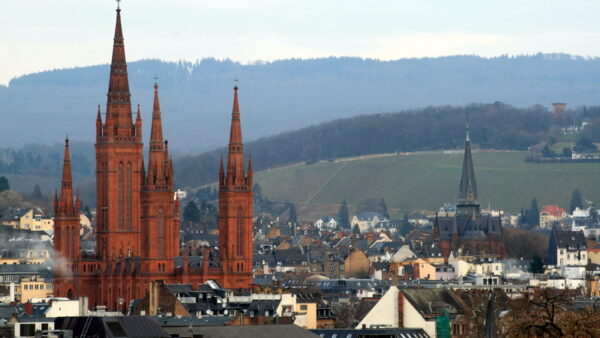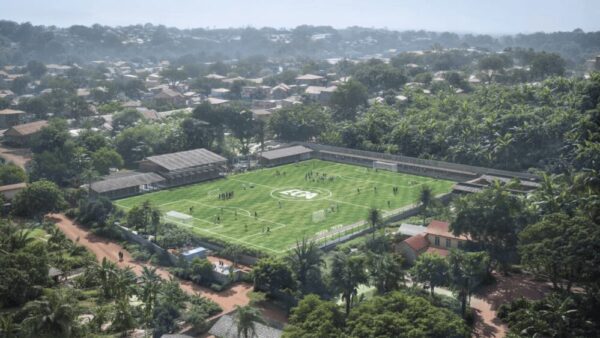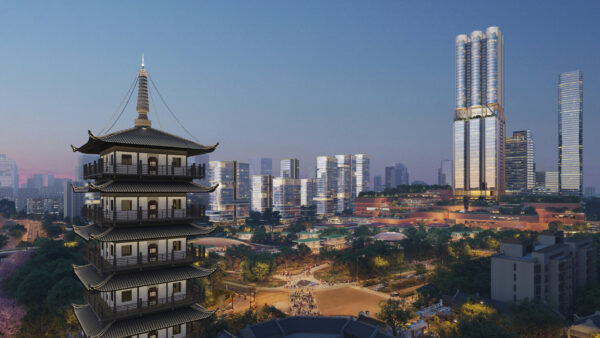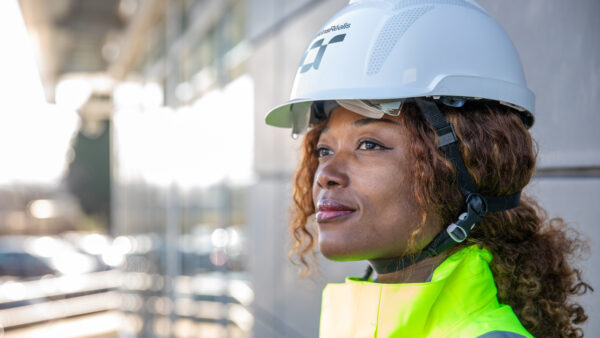Fifteen global fashion firms, including giants H&M and PVH Corp., are tenants in a major new textile industrial park that officially opened its doors in Ethiopia yesterday.
Inaugurated 13 June by Prime Minister Hailemariam Dessalegn, and built by a Chinese contractor, the 1.3-million-sq-m Hawassa Industrial Park will house 21 apparel and textile manufacturers in all, leading to a doubling of the number of jobs for Ethiopians in the sector, and the ballooning – by a factor of 10 – of the revenue generated by textile exports, the government says.
The Hawassa complex will be the single most dominant contributor to the country’s manufacturing sector, and will help the country generate $1bn from export revenues, said Arkebe Okubay, special advisor to Ethiopia’s prime minister and chairman of the country’s Industrial Parks Development Corporation, according to local media
Currently just over $100m is secured from the export of Ethiopian-made textile and apparel, but Arkebe told reporters that the industrial park will eventually generate 10 times more hard currency.
It will double employment in the sector as well, Arkebe said. For years the entire industry has employed around 53,000 people, while the factories being set up in Hawassa Park are expected to create some 60,000 jobs in one location.
Built by China Civil Engineering Construction Corporation for a reported $250m invested by the Ethiopian government, the park comprises 37 factory sheds on a 300,000-sq-m plot, with another 120,000-sq-m of land ready to be developed on the, in total, 1.3-million-sq-m estate located 275km southeast of the capital, Addis Ababa.
US fashion firm PVH Corp. (owner of the Calvin Klein and Tommy Hilfiger brands), Sweden’s H&M, and China’s Wuxi Jinmao Foreign Trade Company are among the 15 foreign companies to be stationed in the park, along with others from India, Sri Lanka and China, and six Ethiopian companies.
The government has billed Hawassa as an “eco-friendly” industrial park because it will be mostly powered by hydro-electricity and employs energy and water conservation techniques.
In 2013 former World Bank chief economist Justin Yifu Lin told GCR that he believed Ethiopia was on the cusp of an industrial expansion seen in previous decades in Korea, Taiwan, Singapore, Hong Kong and China.
Photograph: Workers at another textile industrial park, Bole lemi, in Ethiopia (ipdc.gov.et)
Â


